Introduction
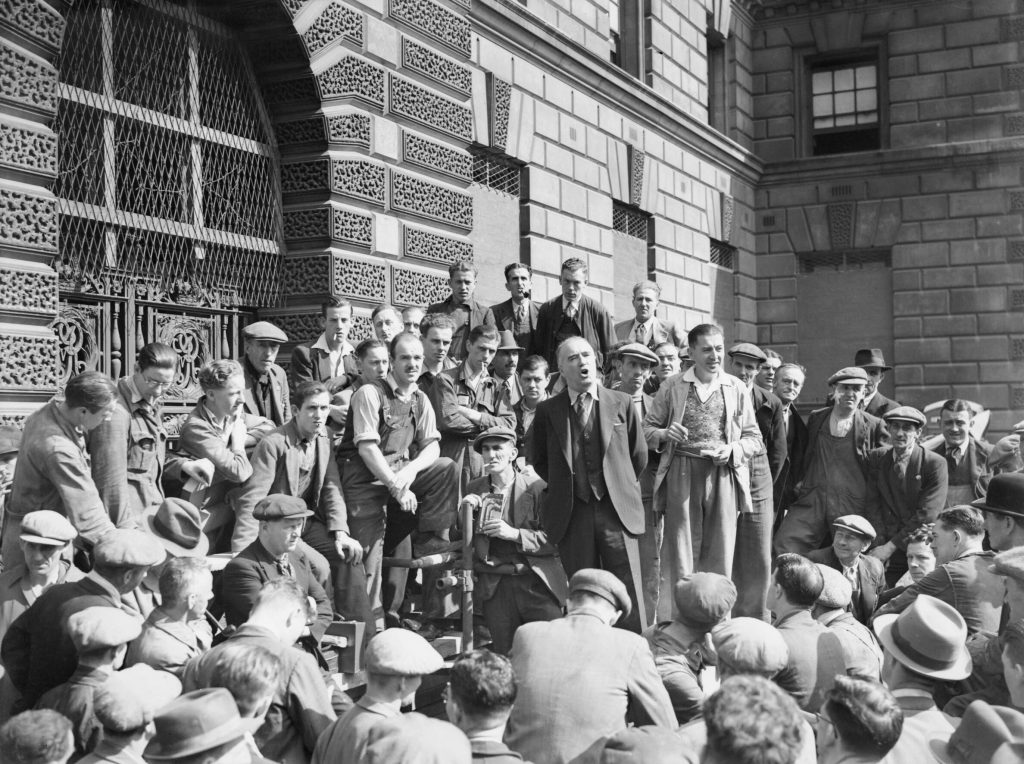
This is the online version of Back to Basics, a handbook written by members of the Young Communist League of Britain to act as an introduction to Marxist-Leninist theory and break down key concepts for new learners. It follows in the footsteps of many other texts and series of this nature, including Foundations of Leninism […]
<strong>Lessons from Actually Existing Socialism: The Soviet Union</strong>
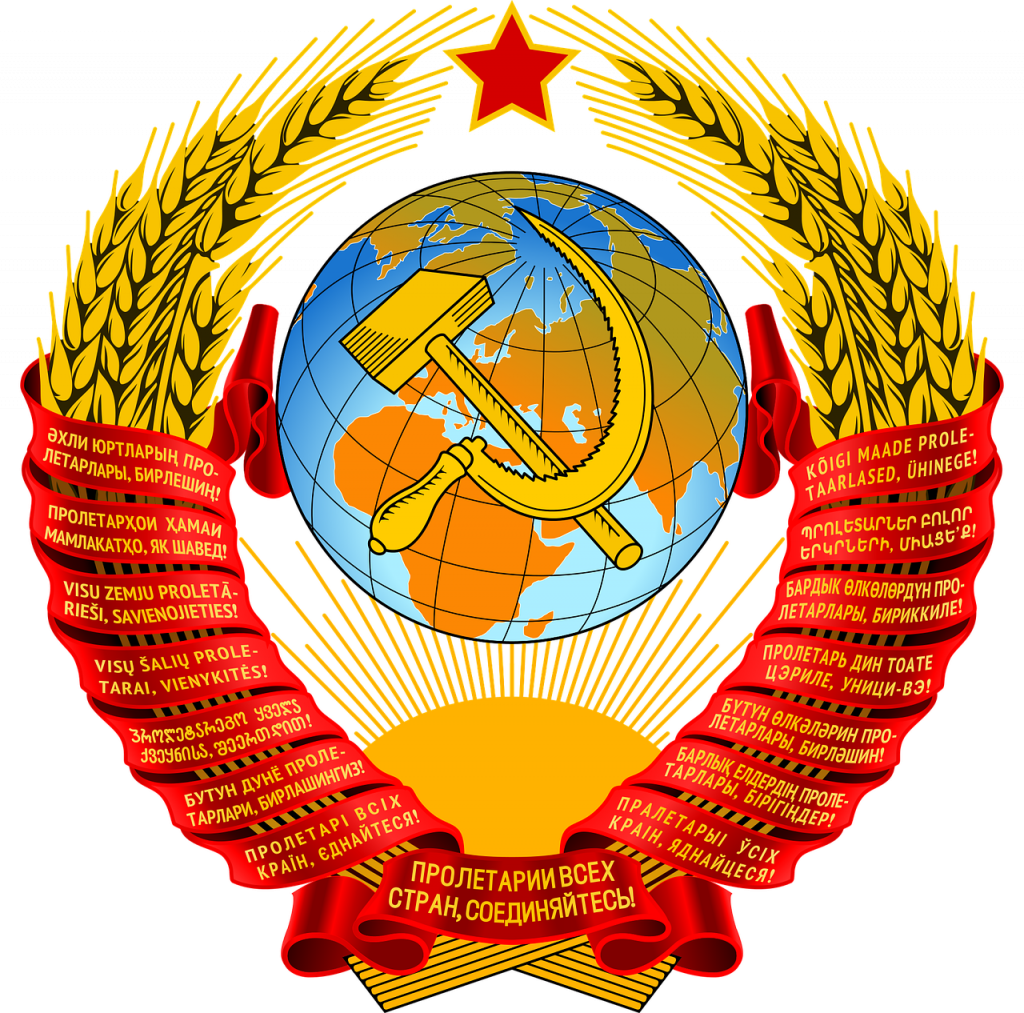
The Soviet Union was the first federal, multinational state with a planned socialist economy. Robin Talbot, Chair of the Young Communist League, explains why communists need to learn from its history…
The path to women’s liberation
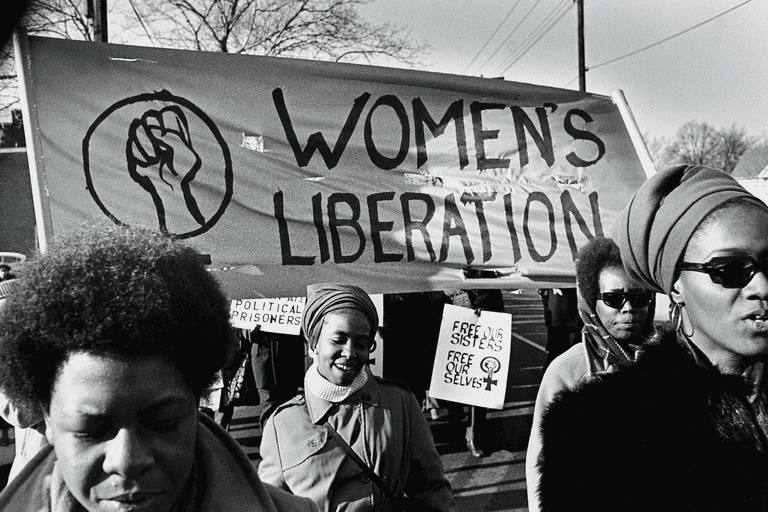
Zoe McKeown writes on the importance of Marxist feminism in achieving women’s liberation
Welsh Communists mark 85th anniversary of Spanish Civil War and legacy of International Brigaders
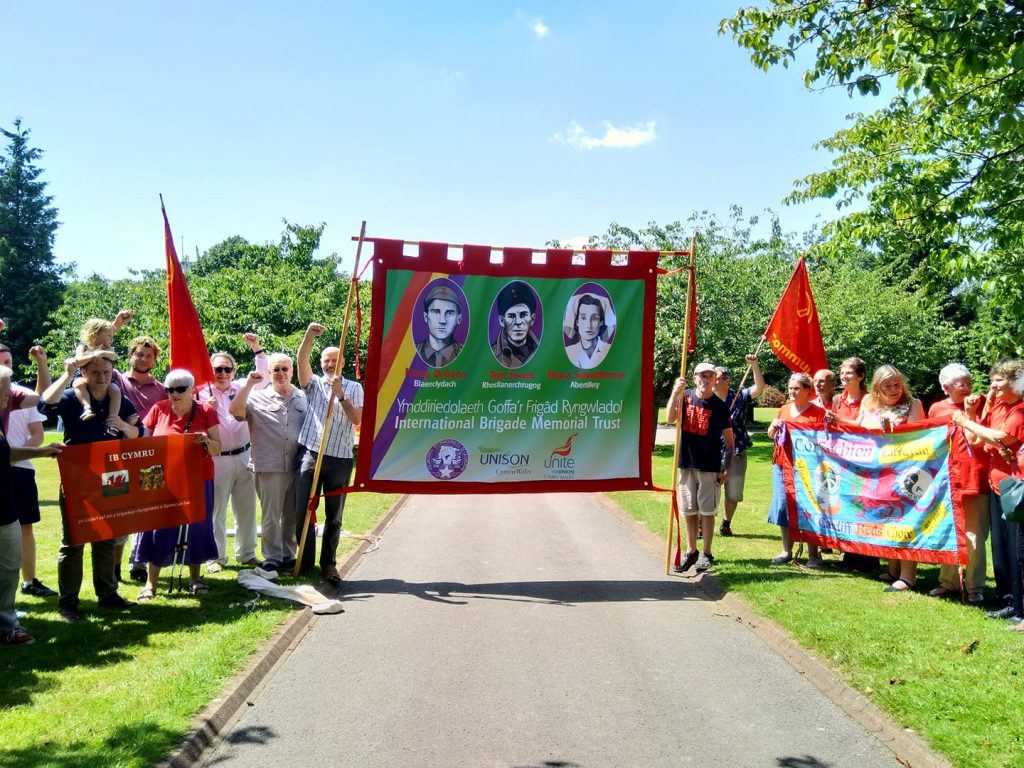
A range of speakers contributed to the event at at the Welsh International Brigades Memorial earlier this month (21 July 2021) in Cathays Park Cardiff including Will Barton, secretary of the Cardiff branch of the Communist Party (whose speech is published in full below), Robert Griffiths General Secretary of Communist Party and Marc Bilbao Asensio from the Communist Party of Spain. There were revolutionary songs from Cor Cochian Caerdydd and a poem and reading from International Brigades Cymru. Keeping alive the memory of the Welsh international brigaders: Yn cadw’r cof am y brigadwyr rhyngwladol o gymru yn fyw.
A number of theoretical and practical issues on Socialism and the path to Socialism in Viet Nam

Professor Nguyen Phu Trong, General Secretary of the Communist Party of Vietnam, addresses the history and contemporary experience of building socialism in Viet Nam and the lessons which can be applied globally.
CP to host online ‘Unemployment Fightback’ events on 29 May & 5 June 2021

The Communist Party is set to hold two high profile Unemployment Fightback events on 29 May and a week later on 5 June featuring speakers from across the labour movement.
Unemployment has risen by over a million during the pandemic and millions more, disproportionately the young, women and minorities, are expected, as furlough ends. There is obviously a need to build a movement to challenge unemployment and to go further, to demand investment in future well-paid jobs and apprenticeships. Class unity and workplace organisation will be necessary to build this movement which will also need to take on underemployment, job insecurity and the gig economy with its zero hour contracts.
Communist Party to hold online May Day Rally – 1 May 2021
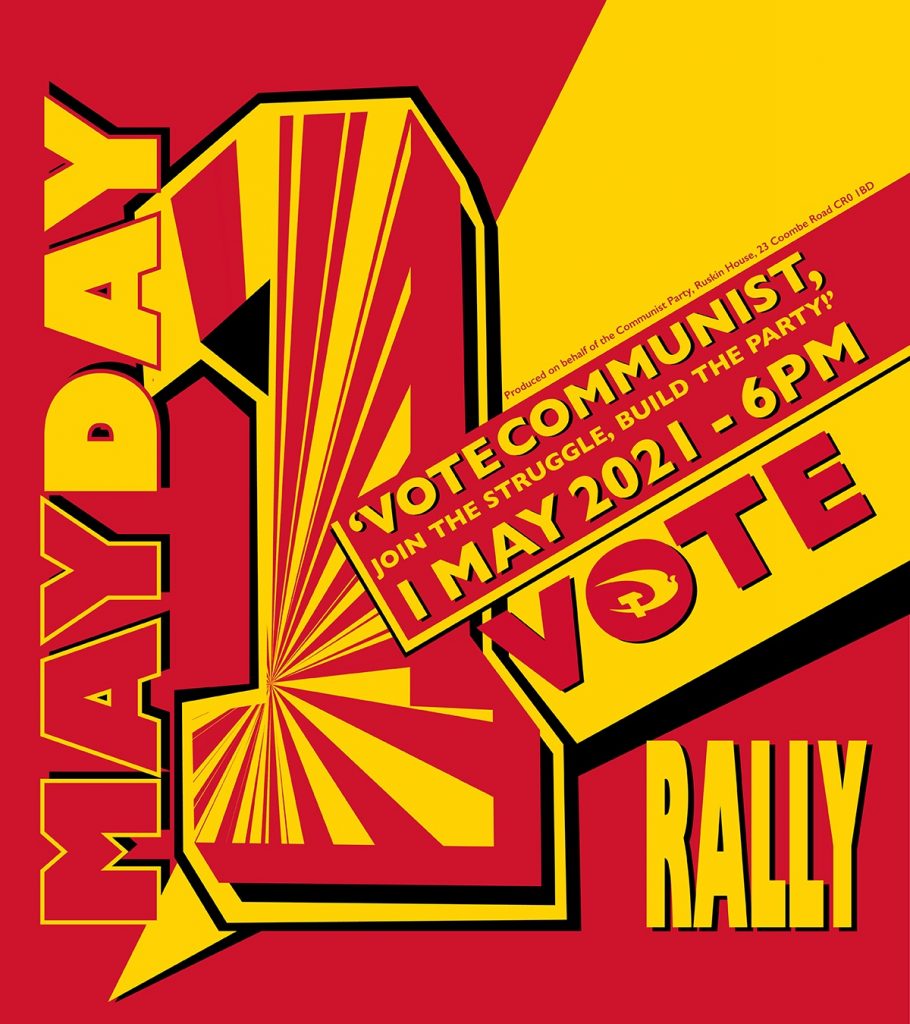
With COVID-19 restrictions still in place across Britain, the Communist Party is organising an all Britain online rally at 6pm to mark International Worker’s Day 2021. The celebration of May Day will also be the biggest online meeting of the Party’s 2021 election campaigns. This will have been the Party’s largest electoral contest since the 1980s and the rally is being held under the slogan ‘Vote Communist, join the struggle, build the party!’
CP to hold online feminist festival on ‘Sisterhood, Socialism & Struggle’ on 8 May 2021

The Communist Party is organising a one day Marxist feminist festival celebrating ‘Sisterhood, Socialism & Struggle’ in Britain and across the world on 8 May 2021. The event aims to put women’s liberation at the heart of class struggle and explore how we should respond to the intensification of women’s oppression under modern capitalism.
Why LGBT History Month matters
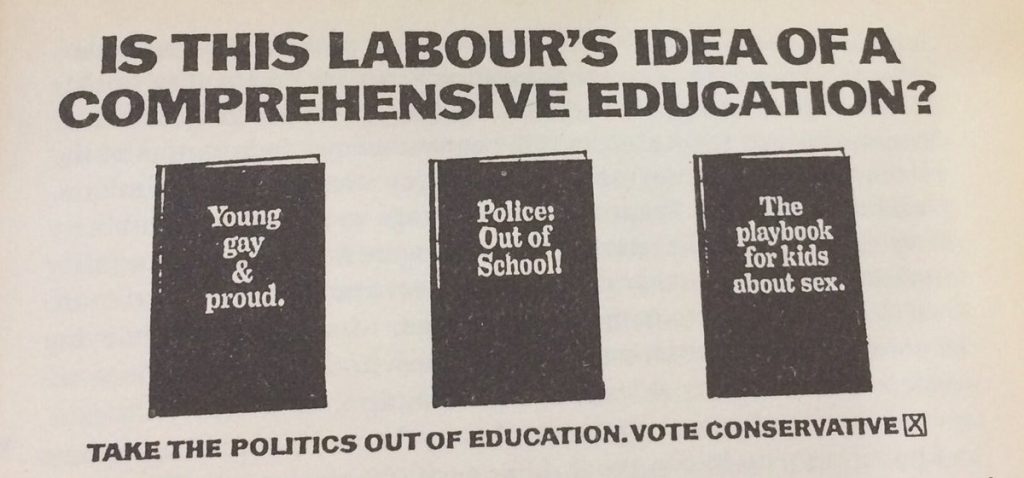
Jamie Perkins explains the history and importance of LGBT History Month and highlights the YCL’s plans including an International Webinar later this month.
YCL100: Conquer Your Future
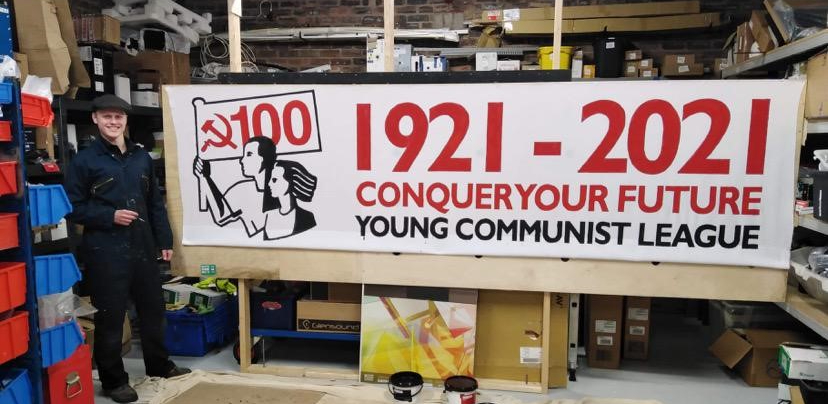
Robin Talbot explains why you should celebrate 100 years of the Young Communist League of Britain, 1921-2021. Today (24 December 2020) the YCL will be launching a new online platform for celebrating our centenary. For the next 100 days, we will be counting down towards the live launch of our 100 year celebrations, starting in April and reaching a finale in April 2022.


